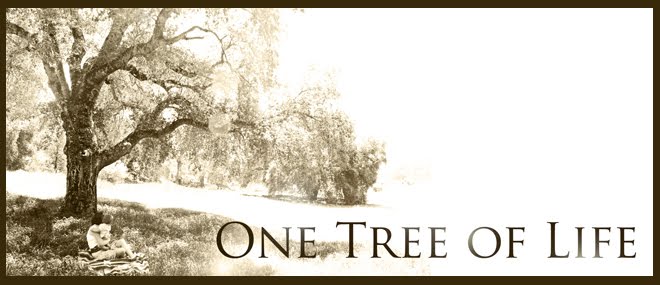Karl Marx was a leader in the vision most of us know simply as Communism. In his book entitled “The Communist Manifesto” he writes, “The communists disdain to conceal their views and aims. They openly declare that their ends can be attained only by the forcible overthrow of all existing social conditions. Let the ruling classes tremble at a communistic revolution. The proletarians have nothing to lose but their chains. The have a world to win. Working men of all countries, unite!”(Location 488 Marx). Karl Marx saw what was happening to the working class during the Industrial Revolution and felt that they would rise up and overthrow Capitalism.
Cities were exploding as an increasing amount of people left the country or their own small business to work in a factory. After long hours, sometimes over 14 hours a day adults and many of their children would return home. The cities were growing too fast and entire neighborhoods of shacks that sometimes housed multiple families were falling apart in the horrible conditions. Many citizens from the country did not know how to live in the city. They would dump their trash and waste into the streets and raise pigs and chickens in the alleys. The air was full of burning coal and many of the wells and rivers were polluted. At the expense of this poverty the wealthy were obtaining large fortunes and living in blatant extravagance. The Industrial Revolution had begun and Communism was about to be born.
The Industrial revolution has been compared to changing the human condition as great as agriculture did thousands of years before it. Manufacturing, communication, mining and transportation would all be radically improved in the 17th and 18th century. The world as a whole would benefit with longer life spans, technology, and they were more productive in producing goods than ever before. Unfortunately industrialization would separate wealth between individuals and countries. Looking at a map today you can see the wealthiest countries around the Globe are those that caught on to the Industrial Revolution early and continued it into the 19th century.
As for the individuals a distinctive difference would be made in large, over populated cities between the working class (proletarians) and the wealthy middle class (bourgeoisie). With replaceable, unskilled workers the Bourgeoisie was able to keep the large profits of the manufactured products without having to supply their labor force with benefits or wages. The skilled tradesman became a button pusher or simple monitor of a machine. The struggle and animosity between the classes led Karl Marx to write The Communist Manifesto in 1848.
In his manifesto Karl Marx describes his interpretation of a factories work force. “Not only are they slaves of the bourgeois class, and on the bourgeois State; they are daily and hourly enslaved by the machine, by the over-looker, and, above all, by the individual bourgeois manufacturer himself. The more openly this despotism proclaims gain to be its end and aim, the more petty, the more hateful and the more embittering it is” (Marx Location 112). Marx thought that a violent working class revolution was unavoidable and he applauded it.
His observations regarding the oppression of the working class did not end with their place of employment. “No sooner is the exploitation of the laborer by the manufacturer, so far at an end, that he receives his wages in cash, than he is set upon by the other portions of the bourgeoisie, the landlord, the shopkeeper, the pawnbroker, etc” (Marx Location 119). It was the class differences that really bothered Karl Marx. He dreamed of a world without class struggle and the disadvantaged not being taken advantaged of. In a hope to put his philosophy into practice Marx helped to start International Working Man’s Association in 1864. History shows us that it attracted more intellectuals than factory workers.
Many workers around the world did fight the Bourgeoisie for a better standing of living. While there have been a few leaders and countries that have tried to create Communist societies most have decided against it. Instead of open war and the destruction of their society they found power in forming labor unions and a voice with voting.
Cited Sources
Bulliet et el., The Earth & its Peoples. 4th Dolphin ed. Vol. 2. Boston: Houghton Mifflin Harcourt, 2009. Print.
Marx, Karl, Friedrich Engels. The Communist Manifesto. Public Domain Books, 2005. Kindle Book.
Tuesday, May 4, 2010
Subscribe to:
Post Comments (Atom)


No comments:
Post a Comment